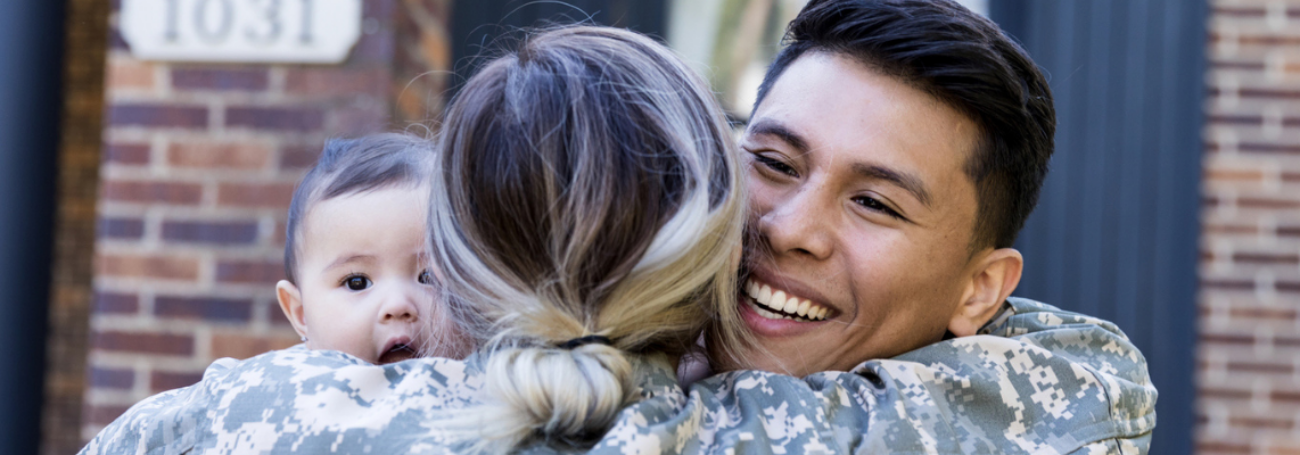Home visiting is a service delivery strategy that connects expectant parents and caregivers of young children with a designated support person—typically a trained nurse, social worker, or early childhood specialist. Services are voluntary and provided in the family’s home or at a location of their choice.
A two-generation approach, home visiting delivers both caregiver- and child-oriented services to help the whole family. It views child and family development from a holistic perspective that encompasses—
- Child health and well-being
- Child development and school readiness
- Positive caregiver-child relationships
- Caregiver health and well-being
- Family education and employment goals
- Family functioning
States, territories, and tribal organizations implement home visiting models that match the needs of their communities using varied funding streams, including the Maternal, Infant, and Early Childhood Home Visiting (MIECHV) Program.
Home visiting has a strong evidence base, with many studies showing that it works. (Source: For a more comprehensive review of the evidence base for home visiting, see Components Associated With Home Visiting Program Outcomes: A Meta-Analysis retrieved from [https://www.ncbi.nlm.nih.gov/pubmed/24187111](https://www.ncbi.nlm.nih.gov/pubmed/24187111).)Go to footnote #>1 There are currently 16 evidence-based home visiting models operating in the United States that have met standards of evidence as determined by the Home Visiting Evidence of Effectiveness (HomVEE) project. (Source: The 2021 Home Visiting Yearbook defines evidence-based home visiting as models that have met standards of evidence as determined by HomVEE.)Go to footnote #>2
A Lengthy History
A Source of Connection

Nicole’s days are full. The mother of five is pursuing her nursing degree so she can give back to her tribe, the Pueblo of San Felipe. She serves as a parent leader for the National Home Visiting Network Advisory Committee and as a parent advisor for Native American Professional Parent Resources (NAPPR). She credits the latter’s tribal home visiting program for getting her through a difficult time.
“When I had my youngest child, Elijah, I didn’t realize how bad [my postpartum depression] was until later. I thought I was failing as a parent, at everything.” Nicole’s home visitor, Gail, helped Nicole see her situation from an outside perspective and to talk with her husband about the support she needed.
Today, Nicole encourages other moms in the Albuquerque area to speak up about the challenges of being a parent, even if it’s not their first time. “Having a baby isn’t like riding a bicycle,” she says. “Our bodies react differently [each time].”
